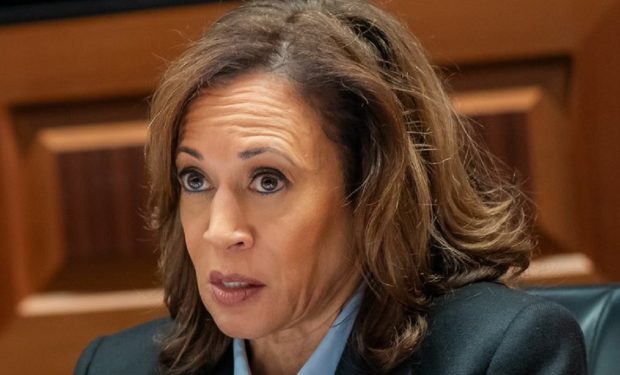During Vice President Kamala Harris‘s interview on MSNBC, Stephanie Ruhle asked “smart tough questions and pressed for specifics,” according the assessment of journalist Ahmed Baba, who credited Harris with giving “sharp, comprehensive, insightful answers.”
The result, in Baba’s view, was a “crystal clear view of her economic policies.”
By clarity, Baba is referring in part to Harris’s very specific tipping point on proposed income tax increases, with the current rates set to expire next year. On taxes, Harris drew a clear line at $400K per year, stating that for anyone making less than that, “your taxes will not go up.”
This Kamala Harris economic interview with @SRuhle is very good. Ruhle asked smart, tough questions and pressed for specifics while Harris delivered sharp, comprehensive, insightful answers that present a crystal clear view of her economic policies. This is how you inform voters. https://t.co/b4MJeFKBBa
— Ahmed Baba (@AhmedBaba_) September 25, 2024
[NOTE: There is no state where as many as 7% of households rise above this threshold, with Connecticut being the only state where 6% of households make $400K or more a year, followed by Massachusetts at 5% and then California, Colorado, New Jersey, Virginia, Iowa, and Maryland at 4% — only Iowa among them being a red state.]
Harris was clear on another part of the tax puzzle too. Asked how the U.S. can pay for a tax cut for 100 million Americans, the Vice President said “we’re going to have to raise corporate taxes.”
She also — citing the “pay their fair share” trope — said the “richest people in our country” need to contribute in an amount that equals the relative contributions of teachers and firefighters.
Without saying a “rising tide lifts all boats,” Harris implied it, saying a strengthened middle class — with purchasing power — is something from which even CEOs will say “everyone benefits.”
But those CEOs are responsible to shareholders first, as many commenters point out, fearing a corporate tax increase will mean consumers ultimately pay the bill through higher prices.
Increase in corporate taxes equals cutting of jobs! Companies first responsibility is its shareholders! Let’s not forget the tax on un realised gains!
— costa (@costakonti1) September 26, 2024
Yet that oversimplification neglects to consider how taxes are currently collected from big American multinational corporations, some of which pay remarkably little in taxes on massive revenue.
On approximately $9.3 billion in pre-tax U.S. earnings minus state and local taxes owed, ExxonMobil paid a tax rate of about 2.8% in 2021. In an even more striking example General Motors paid 0.2% on $9.4 billion.
